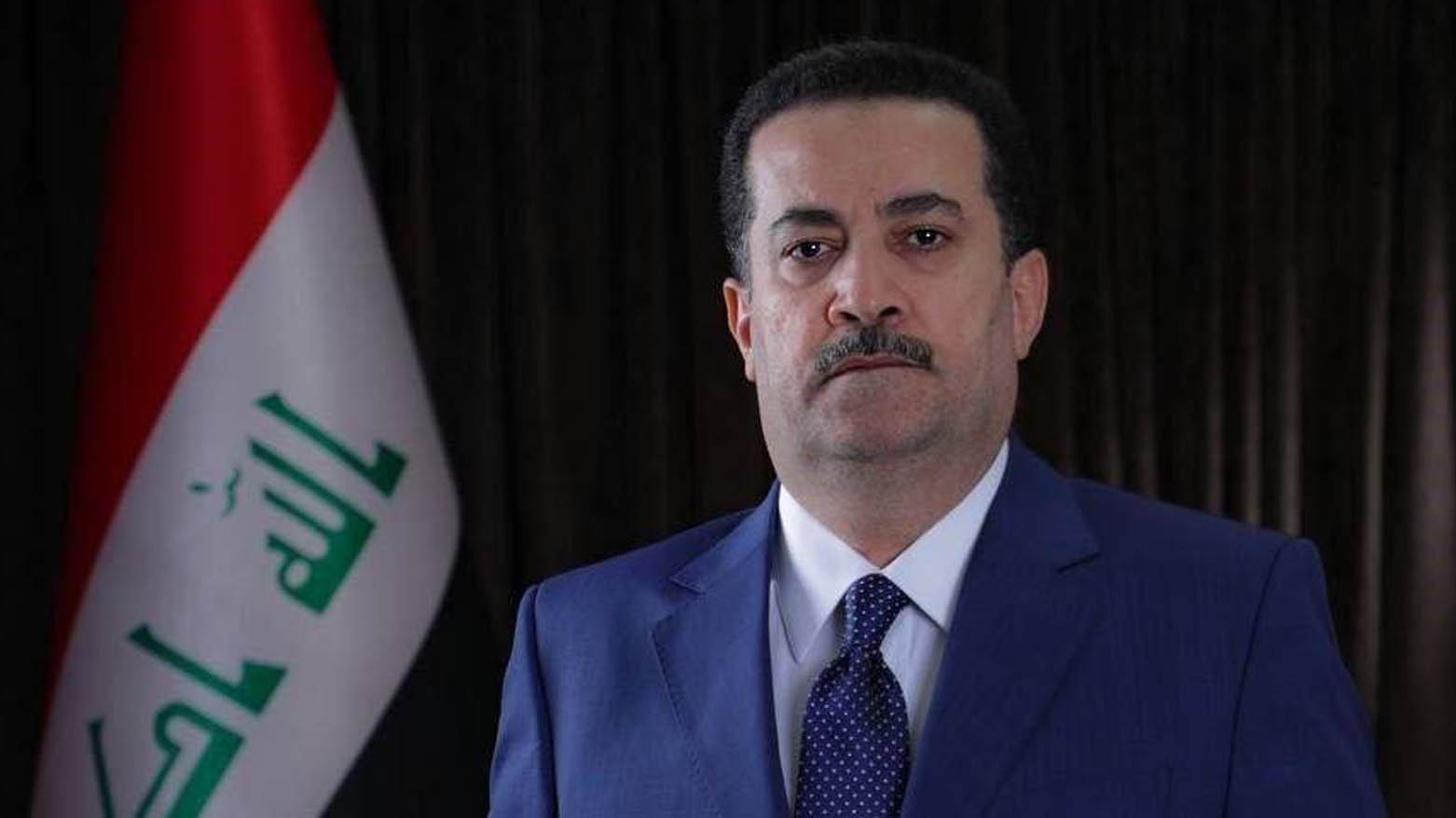Iraqi PM Al-Sudani Honors Victims of Anfal Campaigns, Calls It a Dictatorial Crime Against Barzani Families
Iraqi PM Al-Sudani condemns Anfal as 'dictatorial crime' against Barzanis, honoring 8,000+ victims. Marks 42nd anniversary of mass disappearances, vows democratic justice. 182K Kurds died in Saddam's genocide; many still missing.

ERBIL (Kurdistan24) – Iraqi Prime Minister Mohammed Shia al-Sudani commemorated the 42nd anniversary of the Anfal campaigns on Wednesday, condemning the atrocity as a “criminal and inhumane act” committed by the former Iraqi dictatorship against the Barzani families.
In a post published on his official X account, Al-Sudani reflected on the scale and cruelty of the campaign that led to the disappearance of over 8,000 people from the Barzani tribes. “On the 42nd anniversary of the brutal Anfal campaigns, which targeted the elderly, children, women, and youth of the esteemed Barzani families, we sadly remember the disappearance of 8,000 of them,” he wrote, describing it as “a criminal and inhumane act that starkly reflected the brutality of the dictatorial regime.”
The Iraqi premier extended his “deepest solidarity and condolences” to the families of the victims, “foremost among them Mr. Masoud Barzani,” emphasizing that “this blood, together with the sacrifices of all Iraqis, helped pave the way for liberation from that dark era toward freedom and justice under our democratic system.”
On the 42nd anniversary of the brutal Anfal campaigns, which targeted the elderly, children, women, and youth of the esteemed Barzani families, we sadly remember the disappearance of 8,000 of them, a criminal and inhumane act that starkly reflected the brutality of the…
— محمد شياع السوداني (@mohamedshia) August 1, 2025
One of the darkest chapters in Kurdish history
On Jul. 31, 1983, the regime of Saddam Hussein committed one of its most heinous crimes against the Kurdish people by forcibly abducting over 8,000 men, youths, and children from Barzani families. These individuals were taken from displacement camps in Qushtapa, Harir, and Bahirka near Erbil and disappeared into the vast deserts of southern Iraq, where they were executed and buried in mass graves as part of a broader genocidal campaign of ethnic cleansing.
The Anfal operations would go on to claim the lives of approximately 182,000 Kurds, accompanied by the destruction of nearly 5,000 villages.
Following the fall of the Ba’athist regime in 2003, several of these mass graves were uncovered, and the remains of some victims were returned to Kurdistan. These efforts took place in three phases: in 2005, the remains of 503 victims were returned; in 2014, another 93 from the Busayyah region; and in 2022, 100 more martyrs were laid to rest. Still, the fate of thousands of victims remains unknown.
To honor the memory of the victims and preserve the historical truth of the Kurdish tragedy, the Kurdistan Regional Government has established a memorial and special cemetery in the Barzan area. Yet, for many, the horrors of the Anfal campaign remain a living wound—an emblem of a history yet to be fully acknowledged or redeemed.
